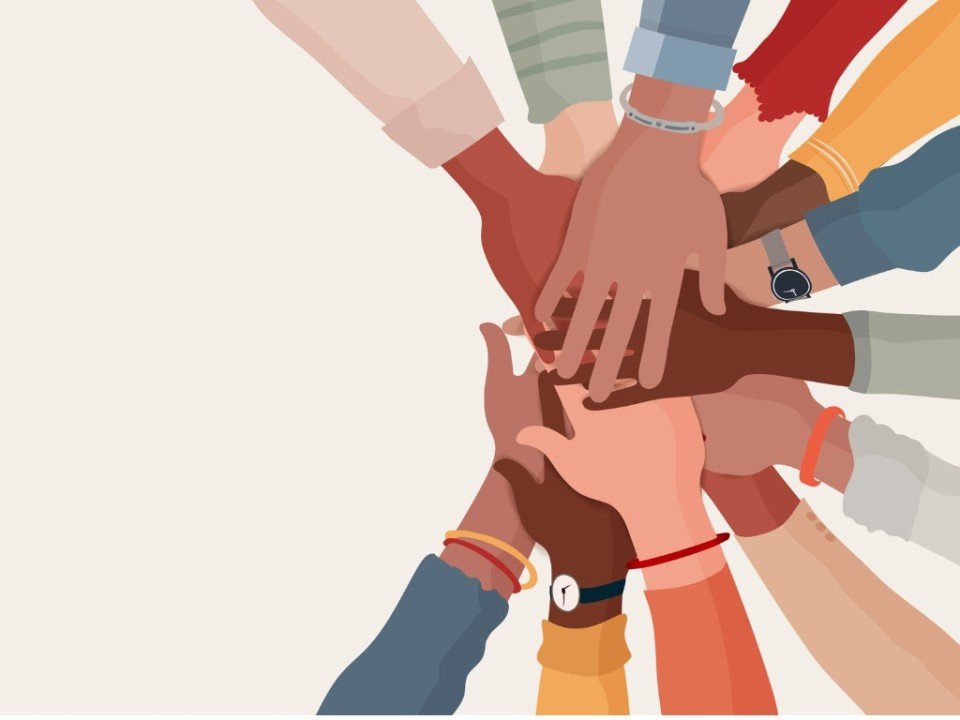Throughout history, great thinkers have puzzled over why people stubbornly cling to their beliefs, even when faced with irrefutable facts. The economist J.K. Galbraith once observed that when people are confronted with the choice of changing their minds or defending their existing views, most choose to dig in and defend. Leo Tolstoy went even further, stating that while even the most complicated subjects can be explained to someone with no preconceived ideas, the simplest truths cannot penetrate the mind of someone already convinced they know the answer.
Why is it that facts often fail to shift our thinking? Why do false or outdated beliefs persist? The answer lies not solely in logic or knowledge but in our deep-rooted human need for belonging.
The Social Logic of Belief
For survival, humans must have a reasonably accurate understanding of the world. But as much as we value truth, we are also inherently social creatures. Our ancestors thrived in close-knit tribes, where being cast out could mean death. Thus, fitting in and securing the approval of our peers became essential to our survival.
Often, the social advantages of a belief outweigh its factual accuracy. Harvard psychologist Steven Pinker notes that our minds might prioritize beliefs that secure allies, protectors, or social approval over those that are strictly true. Kevin Simler echoes this, suggesting that the brain willingly adopts beliefs that offer rewards, whether practical or social. In this context, some beliefs are “factually false but socially accurate.”
This dynamic explains why people might remain silent during a family dinner despite hearing offensive remarks, or why they might adopt certain viewpoints that help them maintain harmony with their social group. When faced with a conflict between truth and belonging, many choose the latter.
Changing Minds Through Connection, Not Confrontation
The key to changing someone’s mind isn’t hammering them with facts but offering them a safe space within your social circle. If abandoning a belief threatens someone’s place in their community, they are unlikely to do so. But if you offer them a new tribe where they feel accepted, the transition becomes less daunting.
British philosopher Alain de Botton suggests a simple but profound solution: share a meal. Sitting together at a table disrupts the abstraction that fuels prejudice and hostility. The small acts of sharing food and conversation can humanize those we might otherwise fear or oppose. As Abraham Lincoln once said, “I don’t like that man. I must get to know him better.”
The Proximity Principle in Belief Change
Ben Casnocha offers another valuable insight: people are most open to changing their minds when the new idea comes from someone they already largely agree with. If your beliefs align 98% with someone else’s, that last 2% difference is more approachable. Conversely, trying to convince someone who holds diametrically opposing views often leads to resistance.
Visualize beliefs on a spectrum from 1 to 10. If you’re at position 7, you’re more likely to influence someone at positions 6 or 8 than someone at position 1. Radical shifts rarely happen overnight; belief change is more like a slow slide than a sudden leap.
Books: A Quiet Path to Transformation
Direct arguments can feel like personal attacks, triggering defensiveness and entrenchment. People fear public embarrassment and the loss of social standing. Books, however, allow individuals to wrestle with new ideas privately, free from judgment. The solitary experience of reading can plant seeds of change, allowing ideas to grow organically over time.
False Beliefs and the Power of Repetition
Another reason bad ideas persist is simple repetition. Every time we argue against a bad idea, we repeat it, unintentionally keeping it alive. This phenomenon, which James Clear terms “Clear’s Law of Recurrence,” suggests that the frequency with which an idea is mentioned directly influences how widely it is believed.
Focusing on dismantling bad ideas often backfires, giving them more exposure. Instead, our energy is better spent amplifying good ideas. As economist Tyler Cowen advises, “Spend as little time as possible talking about how other people are wrong.”
The Intellectual Scout vs. The Soldier
When we debate, it’s tempting to approach discussions like soldiers preparing for battle, determined to win at all costs. However, as Julia Galef suggests, we should adopt the mindset of scouts—curious, open, and focused on understanding the landscape of ideas rather than conquering it.
Tiago Forte poses a critical question: “Are you willing to not win in order to keep the conversation going?” Winning an argument often ends the dialogue; fostering connection keeps it alive and opens the door for gradual change.
Kindness First, Truth Later
Japanese author Haruki Murakami offers wise counsel: “Always remember that to argue, and win, is to break down the reality of the person you are arguing against. It is painful to lose your reality, so be kind, even if you are right.”
Ultimately, the path to changing minds is paved with kindness, patience, and empathy. Treat others as kin, not opponents. Share meals, offer books, and build genuine relationships. When people feel safe and accepted, they become more open to revisiting their beliefs.
In a world full of divisive debates and shouting matches, perhaps the most revolutionary act is to listen with kindness and extend a hand of friendship. The facts can wait. First, we must connect.





